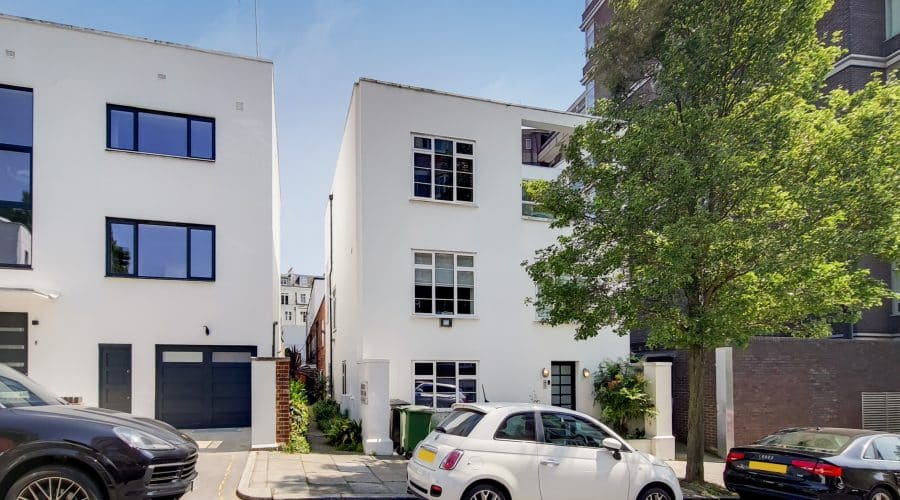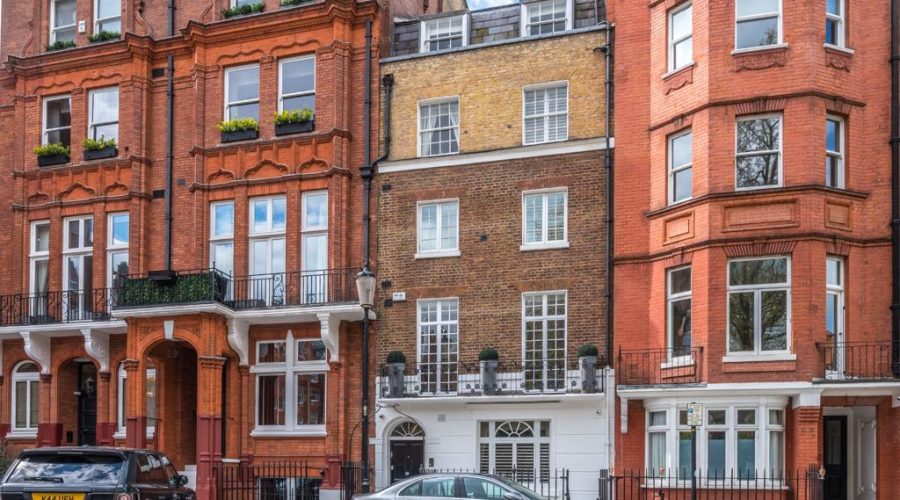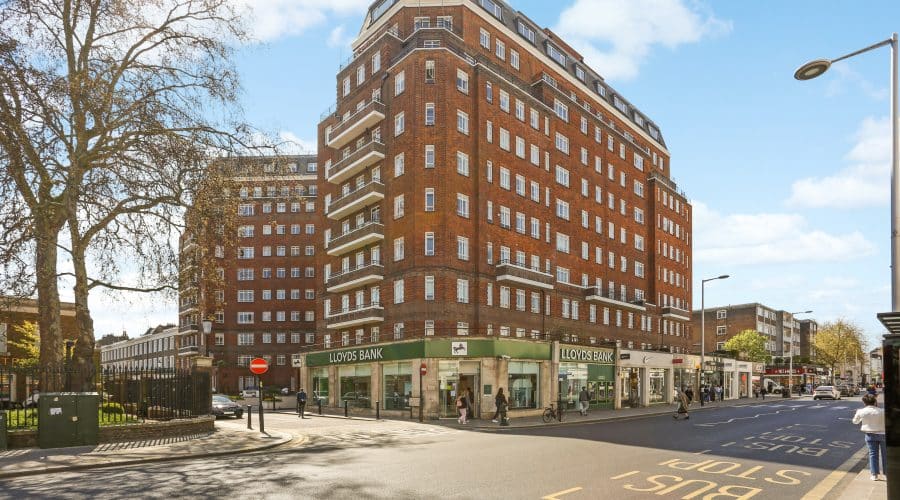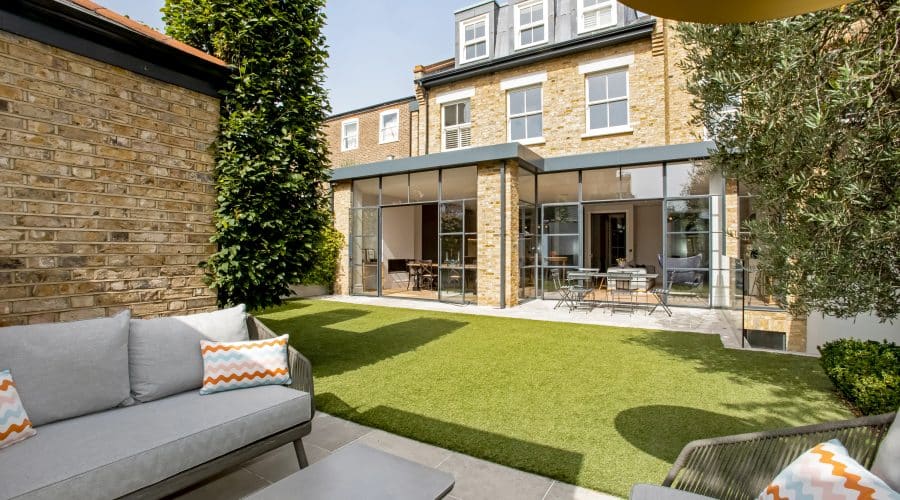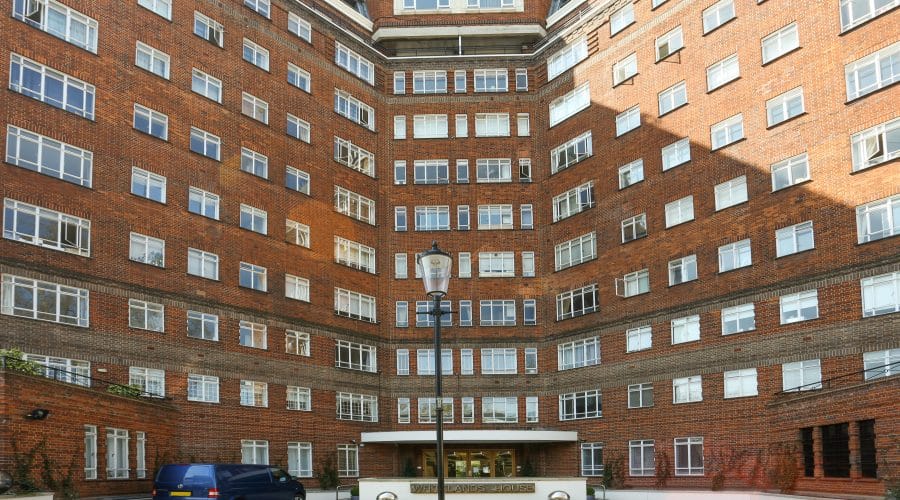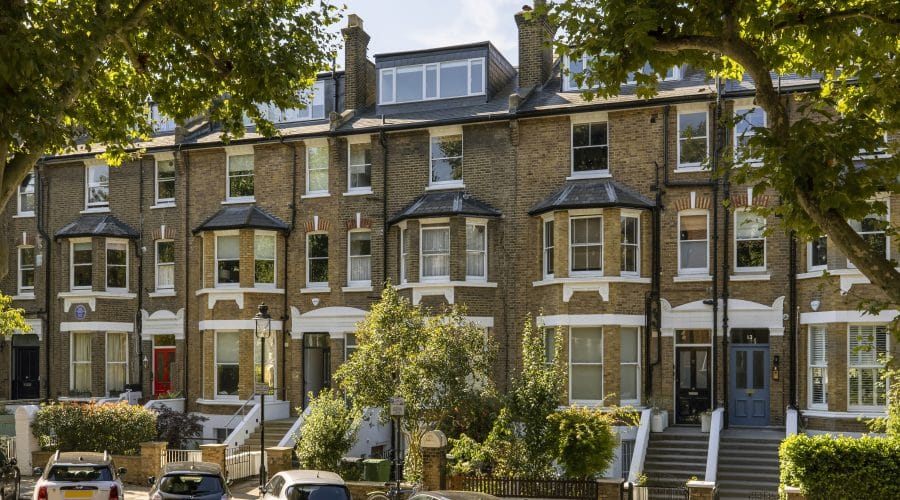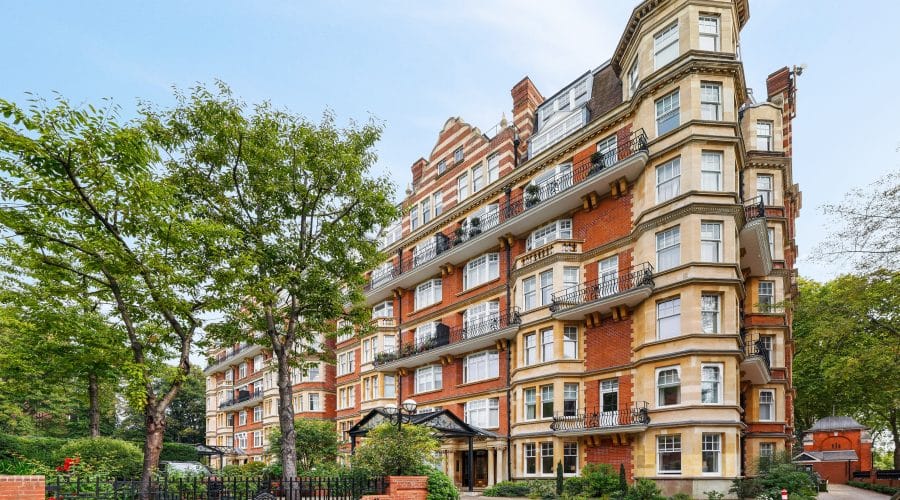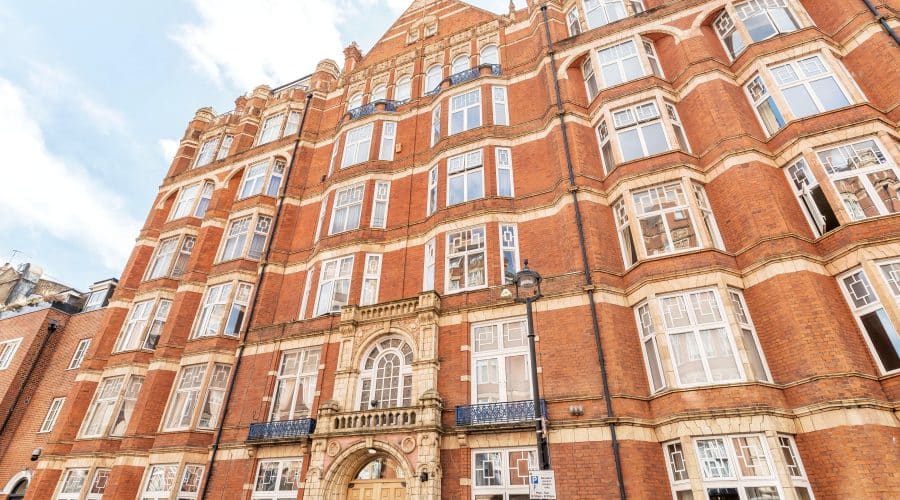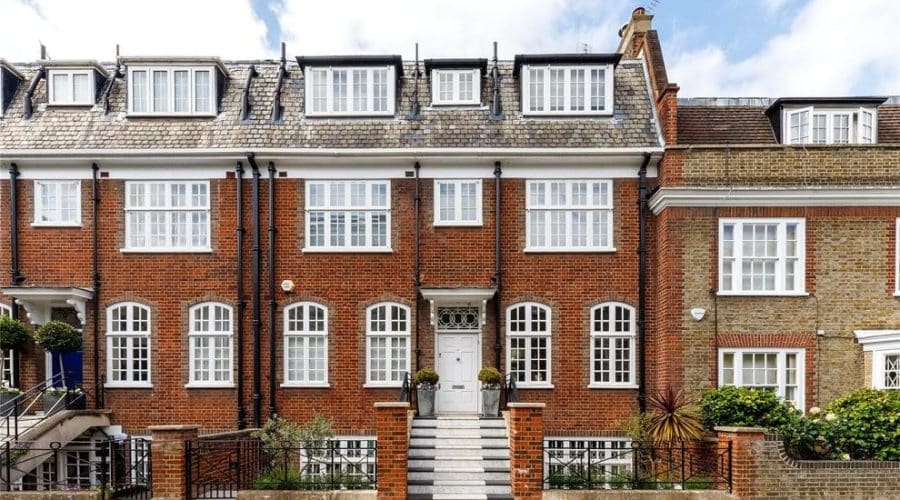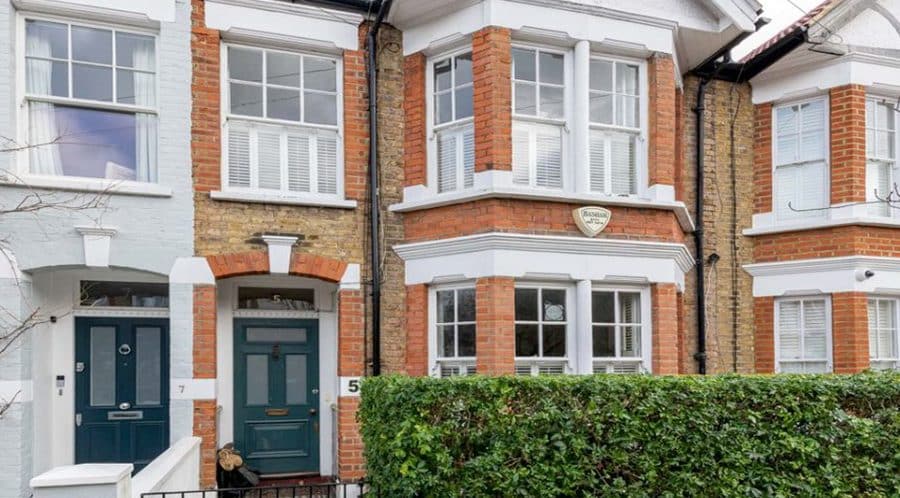House prices are likely to fall, which means buyers with high LTV mortgages could find themselves with assets worth less than they borrowed
By Melissa Lawford
Analysts disagree on how much UK house prices will fall due to the coronavirus outbreak and subsequent market freeze, but the consensus is that they will take a hit.
Many buyers are worried about getting into negative equity as soon as they have purchased their homes. This means that you own a property that is worth less than what you borrowed to pay for it.
Buyers who have purchased with high loan-to-value mortgages are most at risk. If you have purchased just 5 per cent of your property with cash, for example, you will quickly be in negative equity if house prices fall by 13 per cent, as forecast by the Centre for Economics and Business Research (CEBR).
But that would not mean that you have to immediately sell your house at a loss. Here, we look at your options, and what buyers can do to protect themselves.
What happens if you get into negative equity?
“The biggest misconception about negative equity is that people think they’re suddenly going to be repossessed,” says Nick Morrey, of John Charcol, an independent mortgage broker. “That couldn’t be further from the truth.”
If you are able to wait out the market until prices climb, you should be fine. “Over every five year period, prices have ended up higher, even if there is a crash in the middle,” says Morrey.
Most analysts are predicting a “V-shape” economic recovery after lockdown is lifted, and both Capital Economics and Knight Frank expect house prices to return to growth in 2021. “If you do get into negative equity, hold on,” says Tim Hyatt, of Knight Frank.
Most lenders have removed high loan-to-value mortgages for new purchases, says Morrey, but it is still possible to find options for transfers, as these don’t require the lender to send a valuer to the property. If your mortgage deal is coming to an end, talk to your lender about what options you have for switching.
If you’re not able to transfer, you will be moved to a standard variable rate mortgage when your current deal ends. While the costs could be higher than what you were paying before, the difference will be mitigated by the fact that the Bank of England base rate is currently at a historic low of 0.1 per cent.
What if you have to move house?
If you’re in negative equity and you can’t sit tight, your situation is more problematic. You will need permission from your lender to sell if the sale price is likely to be less than the remaining value of the mortgage. And you will be personally responsible for making up the difference in value.
A better option is to contact your lender and ask for consent to let out the property, says Morrey. In other words, you can become an accidental landlord.
Be wary that rental values are likely to take a hit, particularly with the expected influx of stock from the short-term lettings market with the collapse of the travel industry. But hopefully, the rental income can cover your mortgage payments and free up your disposable income so that you can rent elsewhere while you wait for property prices to recover.
Is now a good time to negotiate a deal?
The Government has issued strong guidance against all but essential house moves during lockdown. While sales can still technically proceed, the market is a minefield. Many chains are falling through and some buyers can’t meet their completion dates.
When lockdown lifts, however, some buyers might consider the market an opportunity. If house prices are falling, “you’re likely to be able to make a cheeky offer,” says Morrey.
There just might not be much stock to take a punt at. After a crisis, “we will always see a bit of distressed selling,” says Camilla Dell, founder of the London buying agency Black Brick. “There will be some undoubtedly, but I think it will be few and far between.” The Government’s measures to protect earnings, mortgage holidays, and low interest rates will mean fewer sellers will be forced to take big price cuts.
If you are trying to negotiate, “the key to success is understanding your seller”, says Dell. If you know why, or how urgently they need to sell, you have more bargaining power.
You will also have an advantage if you “can demonstrate that you can move quicker, and anyone sitting on cash is in a great position”.
For those that aren’t may find that they simply can’t buy. Lenders have withdrawn high LTV mortgages from the market en masse. The available mortgage offering has shrunk by nearly a third and you will likely need a deposit of at least 20 per cent to secure lending.
Which parts of the country will be safest to buy in?
In the immediate term, the impact of coronavirus and the lockdown will be “very much uniform across the country,” says Lawrence Bowles of Savills Research.
When the restrictions lift, however, “we would expect equity driven markets to recover first,” he says. In prime central London, for example, people are more likely to buy with cash rather than with a mortgage, so purchasers will be able to move more quickly.
Recovery will also be dependent on the local employment markets. According to analysis by the CEBR, 48 per cent of the UK population works across the sectors most affected by the coronavirus lockdown: manufacturing, construction, retail, hospitality and other service sectors.
But their concentrations are highest in particular regions. In Yorkshire & the Humber and Northern Ireland, 60 and 59 per cent of workers are in these industries respectively. Disruption to the job markets here is likely to have a bigger impact on the local housing markets, according to CEBR.
